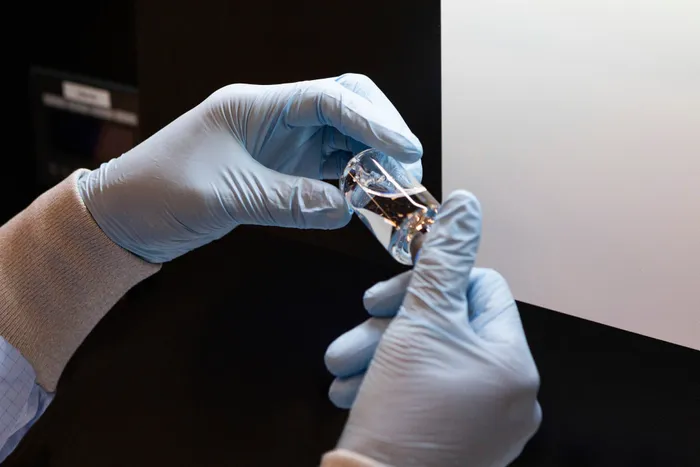
Lenacapavir could be a real game-changer in the fight against HIV, experts say.
Image: Supplied / Gilead Sciences.
WORLD Health Organization Director-General Tedros Adhanom Ghebreyesus has hailed South Africa’s approval of a new antiviral medicine for pre-exposure prophylaxis (PrEP) to prevent HIV-1 infection as a potential game-changer for the epidemic in the country.
The South African Health Products Regulatory Authority (SAHPRA) approved Lenacapavir. The drug is recommended for adults and adolescents weighing at least 35 kg.
“Congratulations, #SouthAfrica, on your rapid action to register the use of lenacapavir for prevention of #HIV, a potential game-changer for the epidemic in your country,” Ghebreyesus wrote on social media.
The application for Lenacapavir was submitted by Gilead in March 2025 and reviewed through the European Medicines for All Procedure (EU-M4all).
SAHPRA said the procedure “enables the European Medicines Agency (EMA), together with the participating regulatory authorities, to provide scientific opinions on high-priority medicines, such as Lenacapavir, intended for markets outside the European Union.”
It added that the pathway strengthens regulatory systems and accelerates access to essential medicines.
Lenacapavir is administered as a six-monthly injection, SAHPRA said, starting with a subcutaneous initiation dose, supported by tablets on days one and two.
It is intended for HIV-negative adults and adolescents at risk of infection and weighing at least 35 kg.
The medicine should always be used alongside safer sex practices, such as condom use, to reduce the risk of other sexually transmitted infections.
SAHPRA chief executive Dr Boitumelo Semete-Makokotlela said the product is “the most effective HIV prevention measure thus far.”
Briefing the media a week ago, Minister in the Presidency, Khumbudzo Ntshavheni, said the initial rollout was scheduled for March or April 2026, targeting 23 high-incidence districts across six provinces and around 360 high-performing public clinics.
Cape Times